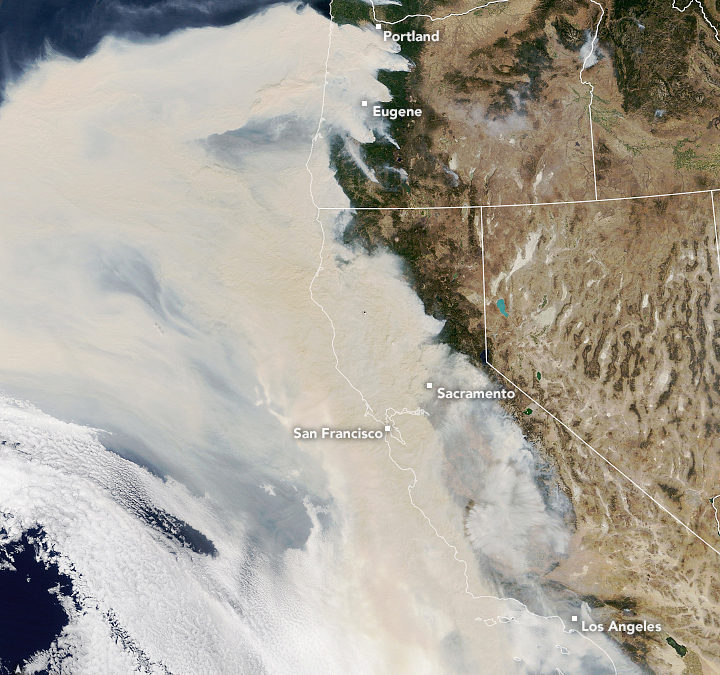Texas power struggle: How the top wind power state in the U.S. turned against renewable energy – State lawmakers push bills to support fossil fuel-burning power plants and restrict renewable energy development – “Right now, the wind blows strongly against renewables, and that’s where we are”

By Emily Foxhall, Kai Elwood-dieu, and Zach Despart
25 May 2023
(Texas Tribune) – State Rep. Jared Patterson disagreed with his Republican colleague that Texas should keep supporting the booming renewable energy industry here.
Rep. John Smithee was arguing on the House floor in early May that certain solar and wind farms should be eligible for school tax breaks. A similar program the state offered for the past 20 years drew renewable energy projects to rural parts of Texas, including Smithee’s Amarillo district.
Patterson, whose district north of Dallas as of late last year had no wind turbines and barely any solar generation, shot back: Renewable power companies get enough help from federal tax credits already.
“Are you saying that we need to add more incentives for wind and solar for them to build?” Patterson asked in disbelief.
After decades of support for renewable energy made Texas able to produce more wind power than any other state, its political leaders have turned against wind and solar. This year, they’re pushing through legislation to prop up fossil fuel-burning power plants instead.
What they decide could have lasting consequences by raising the cost of electricity and spurring the construction of gas-powered plants that will produce carbon emissions for decades.
“Right now, the wind blows strongly against renewables, and that’s where we are,” said Bill Miller, a longtime lobbyist in Austin.

The about-face by Texas elected officials came after renewable energy got so big that it threatened coal- and gas-fueled power in the country’s biggest oil and gas state. Cheap electricity from wind turbines and solar panels provided about 26% of electricity in Texas last year, according to the U.S. Energy Information Administration, up from 0.7% in 2002.
At the same time, renewable energy has become intensely politicized. Texas Republicans condemned the federal Green New Deal pushed in 2019 by Democrats because it aimed to end the burning of fossil fuels for electricity. Politicians here rarely discuss the need for reducing greenhouse gas emissions, though the state suffers from climate change and the hotter summers, stronger hurricanes and heavier rains it has brought.
In 2021, Gov. Greg Abbott and other state leaders ramped up their criticism of renewables — and gave fossil fuel power plants a strong endorsement — after a devastating winter storm knocked out power for millions of Texans and killed hundreds of people.
It was a deeply embarrassing political episode. Oklahoma and Louisiana, neighboring states that are part of one of the nation’s two major power grids, dealt with similar freezing weather during the storm without the same disastrous results. (Most of Texas is served by a separate grid that has limited connections to the two large national grids.)
Furious residents wanted something to blame. Abbott and other elected Republicans furnished a culprit: renewables. The governor criticized wind and solar generation as unreliable in times of crisis; Agriculture Commissioner Sid Miller proclaimed another wind turbine should never be built in Texas.

In truth, all types of power generators failed during the winter storm in Texas. But many state politicians said that more money needed to go toward building more “on demand” electricity to solve the problem. That meant the kind of power that didn’t rely on wind or sun, such as gas-powered electricity plants or batteries.
During this year’s legislative session, lobbyists for gas-fueled electricity generation companies such as NRG, Calpine and Vistra told legislators they needed to be able to make more money in the state’s electricity market if they were going to build and operate the new plants lawmakers said they wanted. [more]
Texas power struggle: How the nation’s top wind power state turned against renewable energy.


